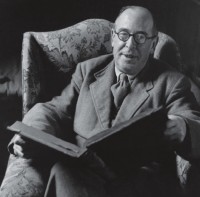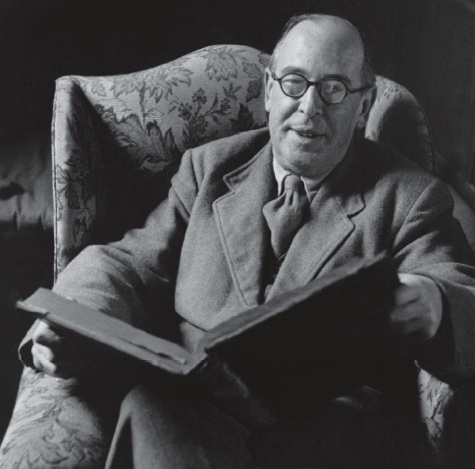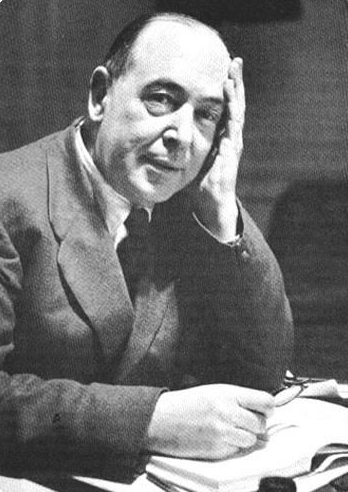 As far I know, C. S. Lewis never directly wrote about gay marriage (but see the update note at bottom of this post). But he did write about whether or not the government should be involved in defining what is marriage and what is not.
As far I know, C. S. Lewis never directly wrote about gay marriage (but see the update note at bottom of this post). But he did write about whether or not the government should be involved in defining what is marriage and what is not.
In his classic book, Mere Christianity C. S. Lewis wrote something which directly applies to the question in our courts and churches today about defining marriage. Lewis was writing about marriage between divorced people, but the idea can equally be applied to marriage between two gay people.
Here is what he wrote:
Before leaving the question of divorce, I should like to distinguish two things which are very often confused. The Christian conception of marriage is one: the other is quite the different question—how far Christians, if they are voters or Members of Parliament, ought to try to force their views of marriage on the rest of the community by embodying them in the divorce laws. A great many people seem to think that if you are a Christian yourself you should try to make divorce difficult for every one. I do not think that. At least I know I should be very angry if the Mohammedans tried to prevent the rest of us from drinking wine.
My own view is that the Churches should frankly recognize that the majority of the British people are not Christian and, therefore, cannot be expected to live Christian lives. There ought to be two distinct kinds of marriage: one governed by the State with rules enforced on all citizens, the other governed by the church with rules enforced by her on her own members. The distinction ought to be quite sharp, so that a man knows which couples are married in a Christian sense and which are not.
Incidentally, Lewis’ view appears to be quite similar to my view on the gay marriage amendment. It is time for Christians to recognize that the United States Government (or any human government for that matter) is not the enforcer of biblical guidelines and laws. Governments make their own laws which they believe will help bring peace, safety, and security within their own lands, but these laws are often at odds with the instructions and commands of Scripture.
Even though the government makes something “legal,” this does not mean that it is now legal for Christians, for we must follow both the laws of God and the laws of our government, with the laws of our King taking precedent in our personal behavior over the laws of our land. And we must be wary about trying to get our government to enforce Biblical guidelines on all the people in a country, for if it can be done with “Christian” laws, it can also be done at a later time with “Muslim” laws, or “Mormon” laws, or whatever religion is in “power” at the time. C. S. Lewis gives the example of Muslims and their prohibition to drinking alcohol, but if Mormons ever came into power over the country, maybe they would put a law into effect prohibiting the drinking of coffee. Then where would we be? Just imagine if Romney had been elected President!!!
I’m joking, of course, for I doubt Mormons would ever do that. But in some countries Muslims are trying to enforce their Sharia law upon everybody in that country, just as here in the United States some Christians are trying to enforce some of our laws on all the people in our country. If anything has been learned from history, we know that it is bad for everybody when any religion picks up the sword of government and tries to enforce religious laws on anybody.
UPDATE: In re-reading The Four Loves recently, I discovered that Lewis did in fact write about homosexuality, but mainly in the context of male friendship. He scoffs at the idea that some modern proponents of homosexual marriage see homosexual behavior in the deep male friendships of ancient literature. Here is some of what he says:
It has actually become necessary in our time to rebut the theory that every firm and serious friendship is really homosexual (p. 245)
Which Lewis then goes on to do for the next page or two. He concludes with this:
Kisses, tears and embraces are not in themselves evidence of homosexuality. The implications would be, if nothing else, too comic. Hrothgar embracing Beowulf, Johnson embracing Boswell (a pretty flagrantly heterosexual couple) and all those hairy old toughs of centurions in Tacitus, clinging to one another and begging for last kisses when the legion was broken up… all pansies? [His word; not mine!!!] If you can believe that you can believe anything (p. 247).
So he did say a little something on the subject after all…
UPDATE 2: I have been reading the letters of C. S. Lewis compiled in Yours, Jack. C. S. Lewis wrote a letter to Sheldon Vanauken about homosexuality (p. 241). In it, he wrote this:
I take it for certain that the physical satisfaction of homosexual desires is sin. This leaves the homosexual no worse off than any normal person who is, for whatever reason, prevented from marrying. Second, our speculations on the cause of the abnormality are not what matters and we must be content with ignorance. The disciples were not told why the man was born blind (John 9:1-3): only the final cause: that the works of God should be made manifest in him.
… What should the positive life of the homosexual be? I wish I had a letter which a pious male homosexual, now dead, once wrote to me–but of course it was the sort of letter one takes care to destroy. He believed that his necessity could be turned to spiritual gain: that there were certain kinds of sympathy and understanding, a certain social role which mere men and mere women could not give. But it is all horribly vague–too long ago. Perhaps any homosexual who humbly accepts his cross and puts himself under divine guidance will be shown the way.
Did you like this post? Share it below! Also, you may like to read what Jesus taught about homosexuality.


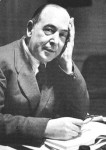
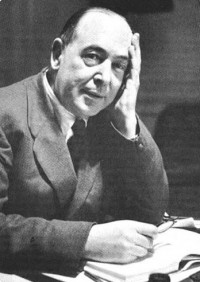
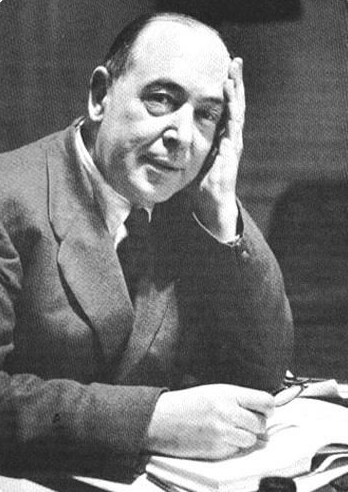 In
In 




